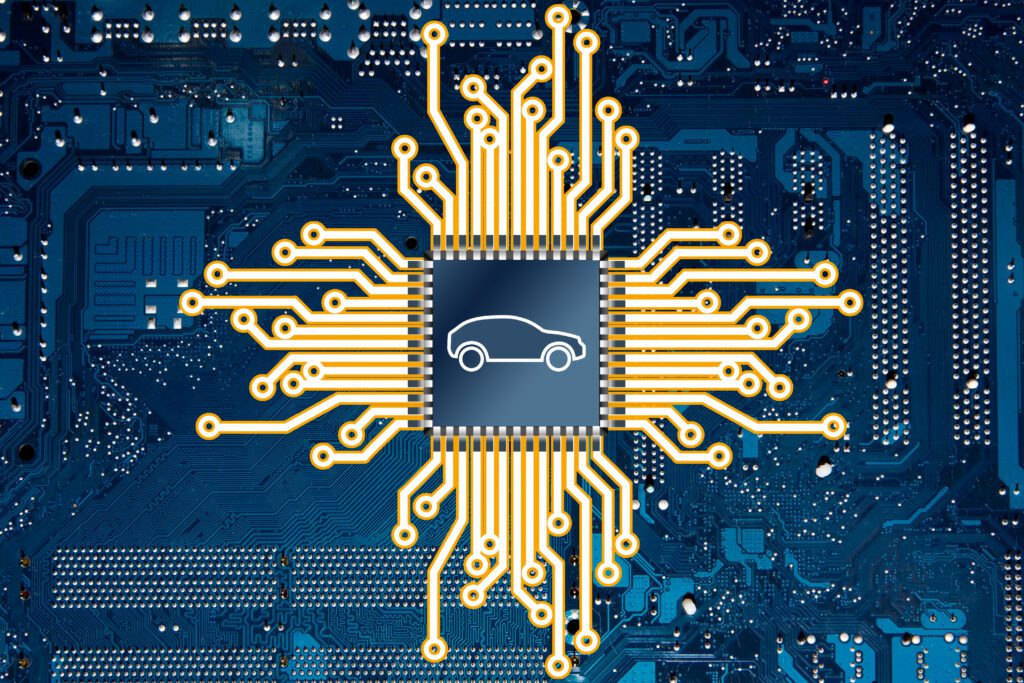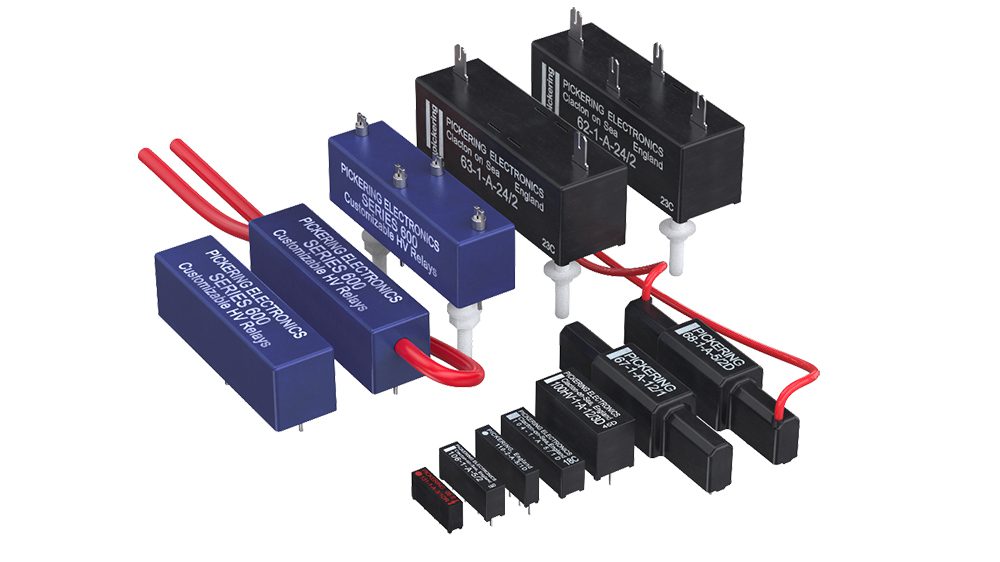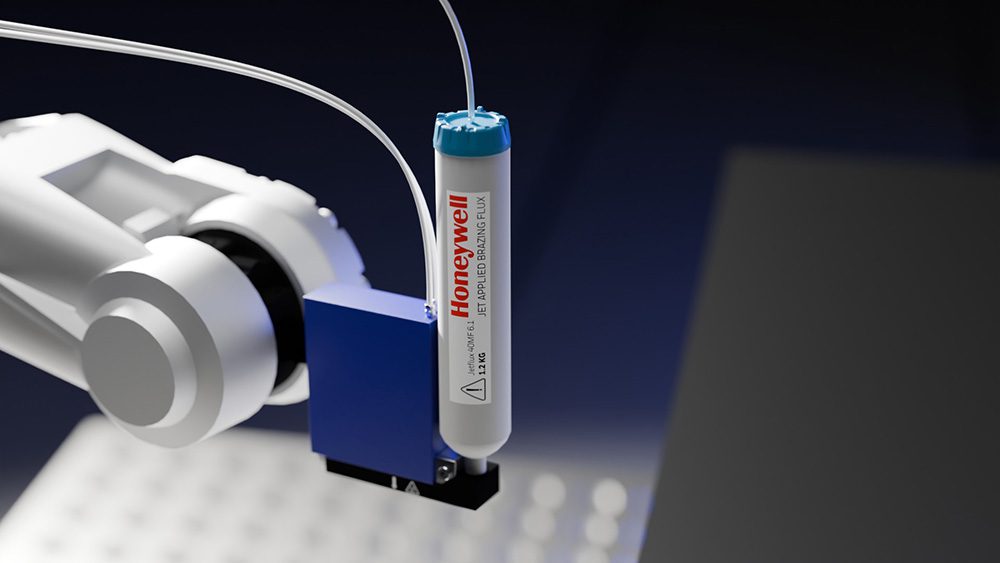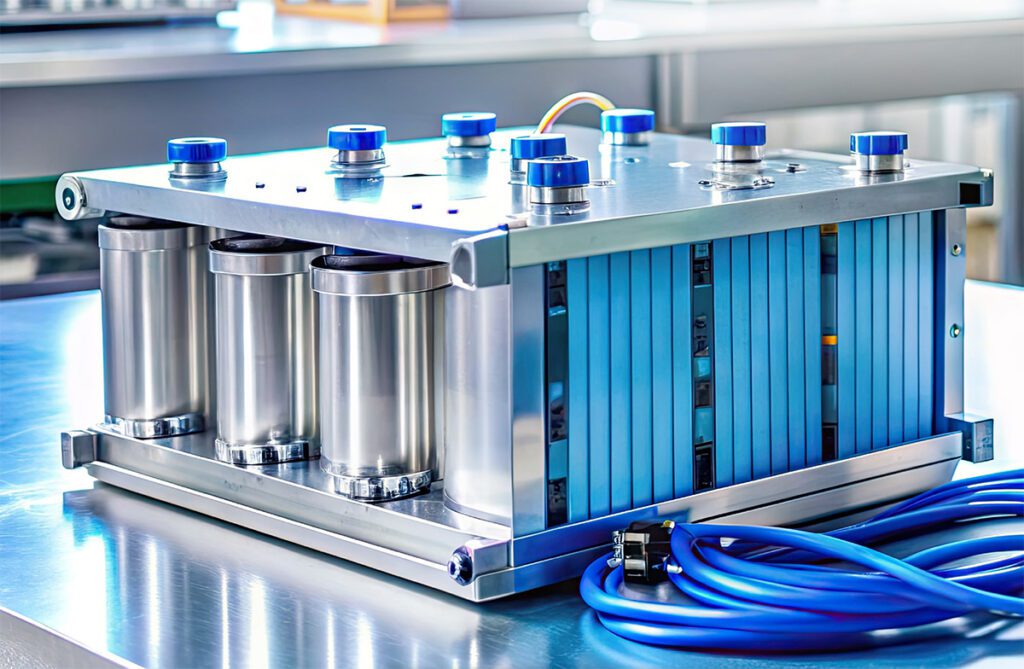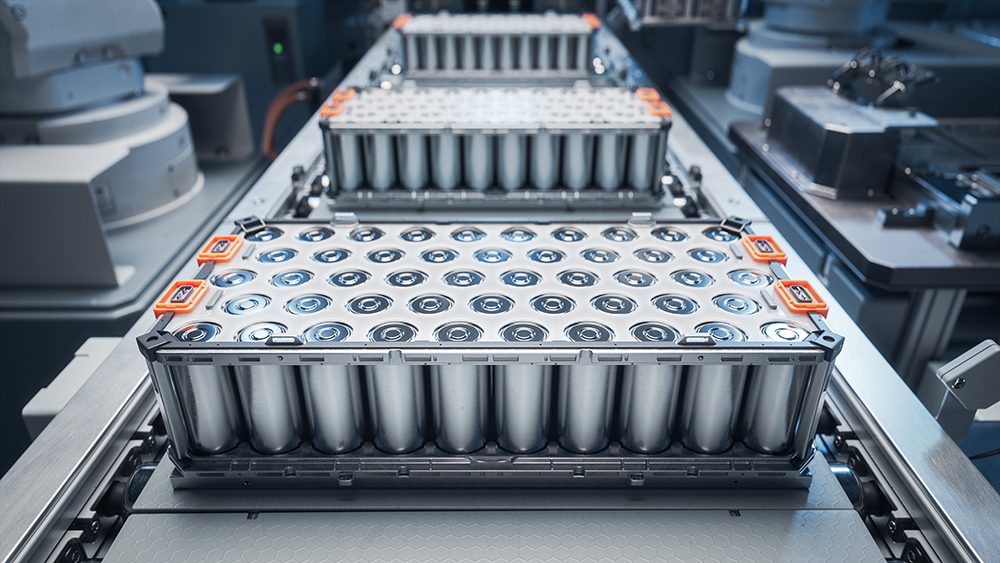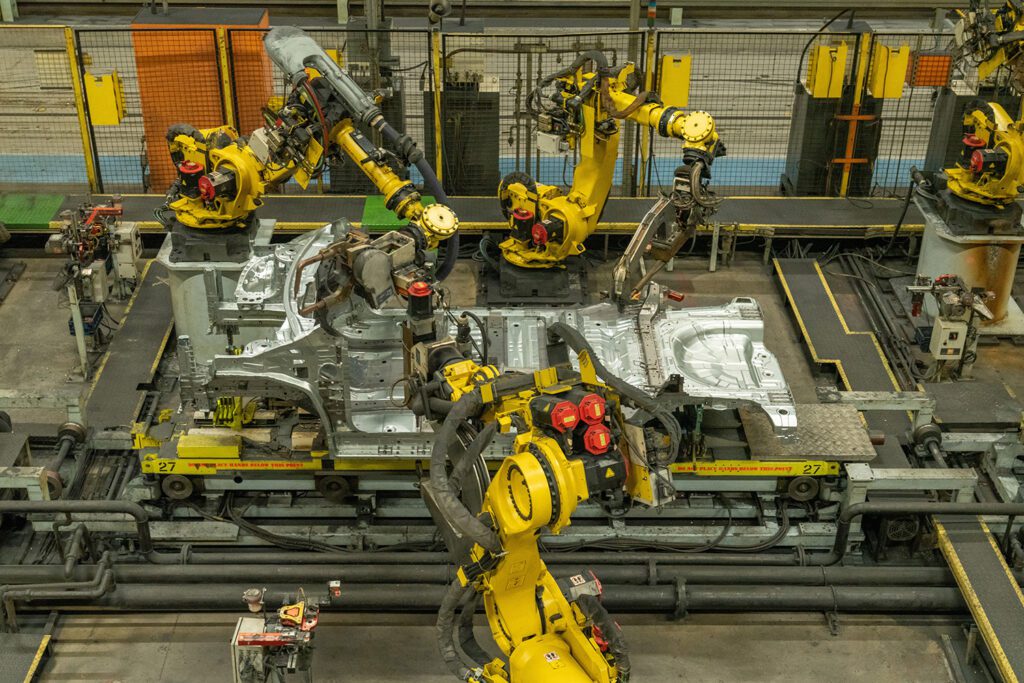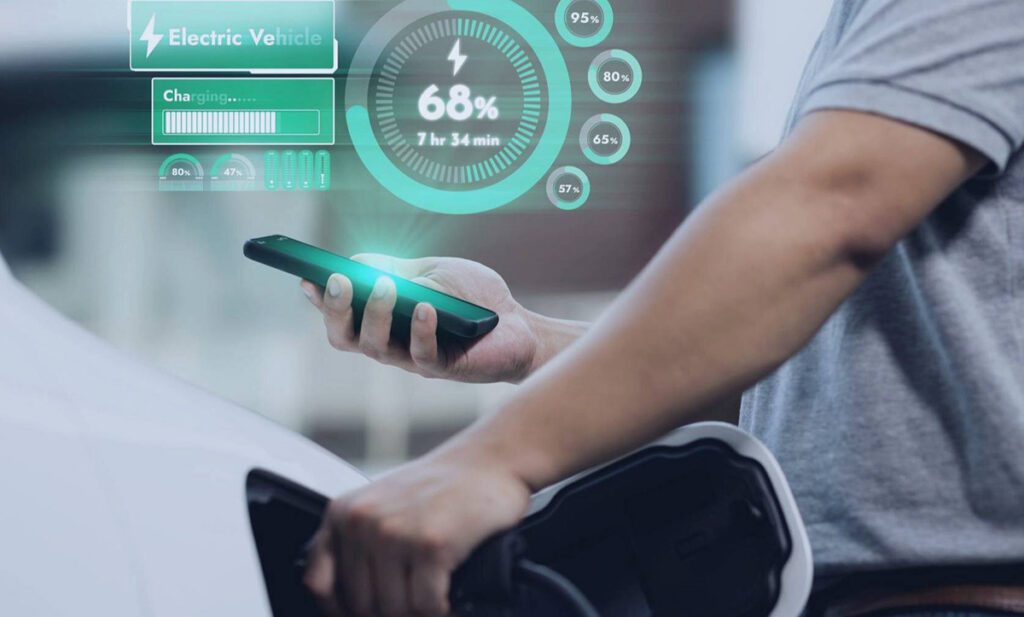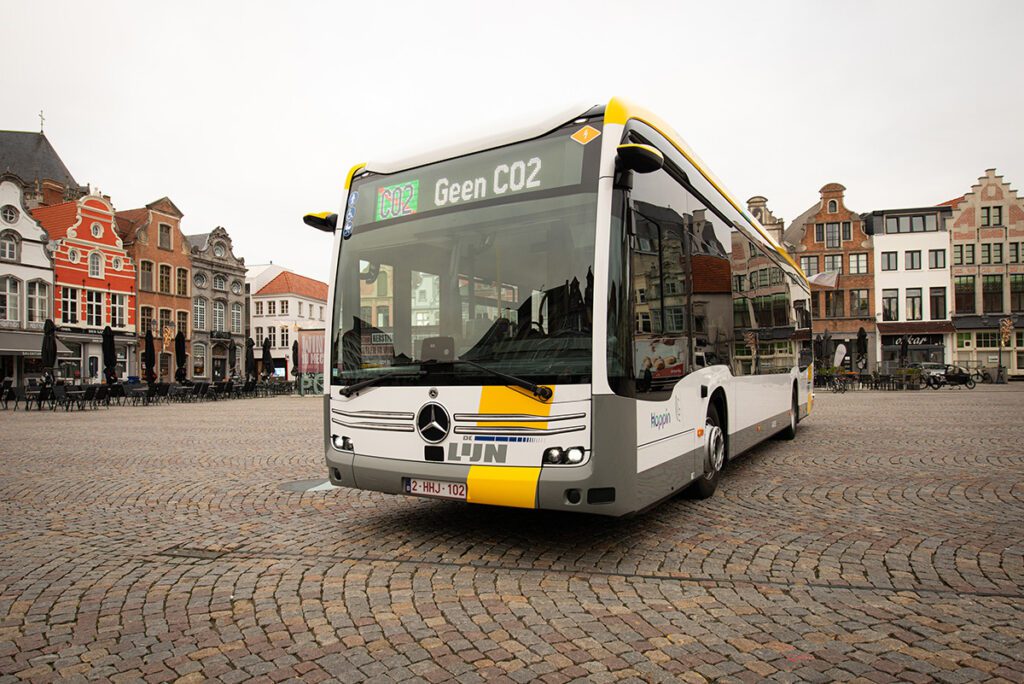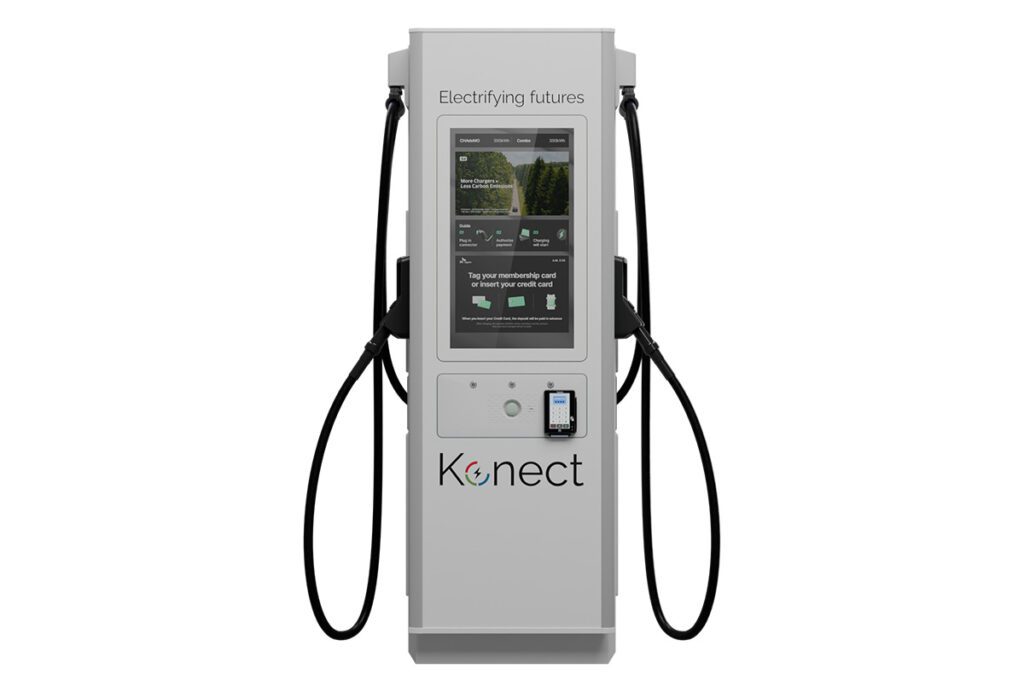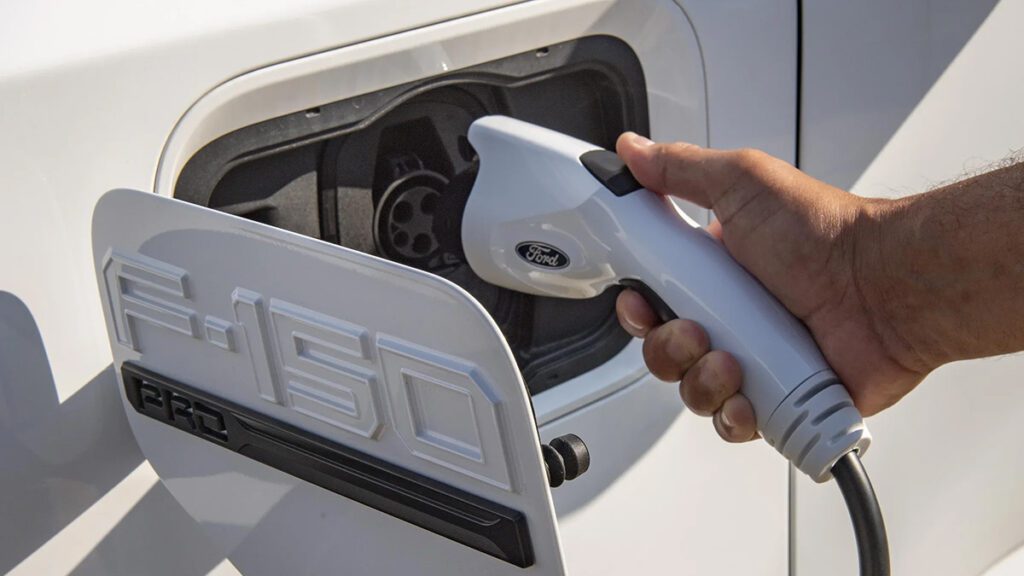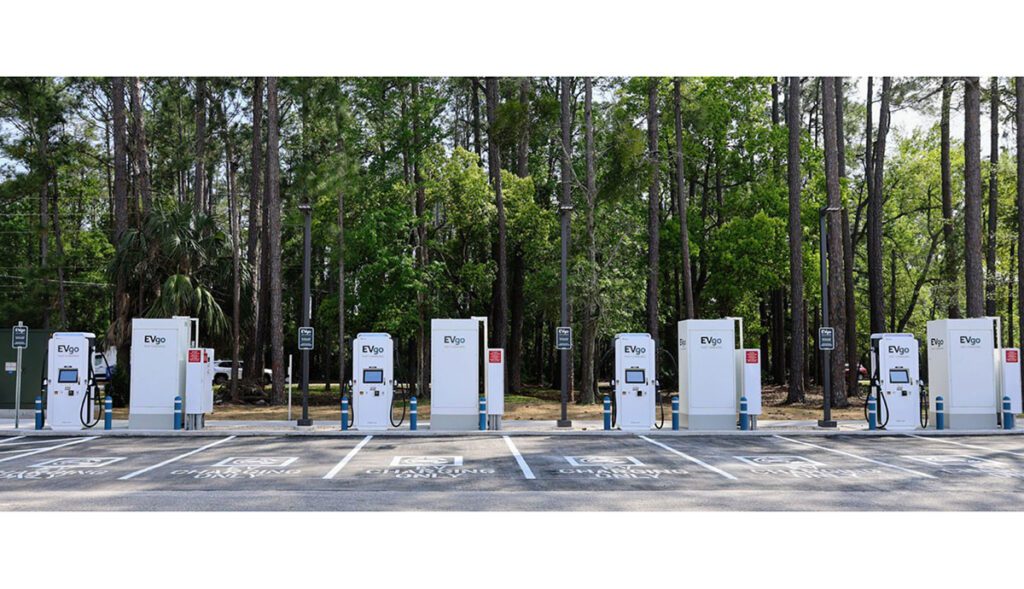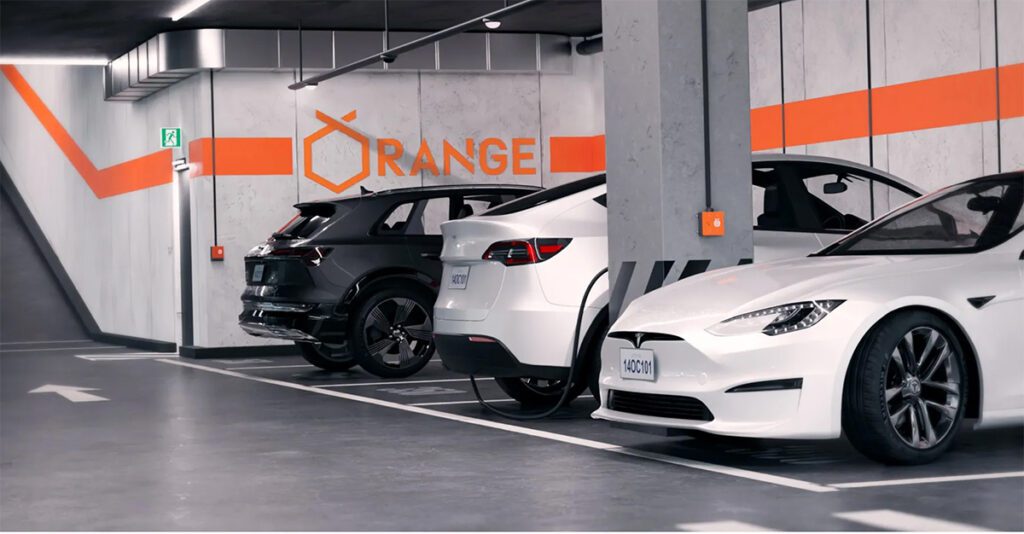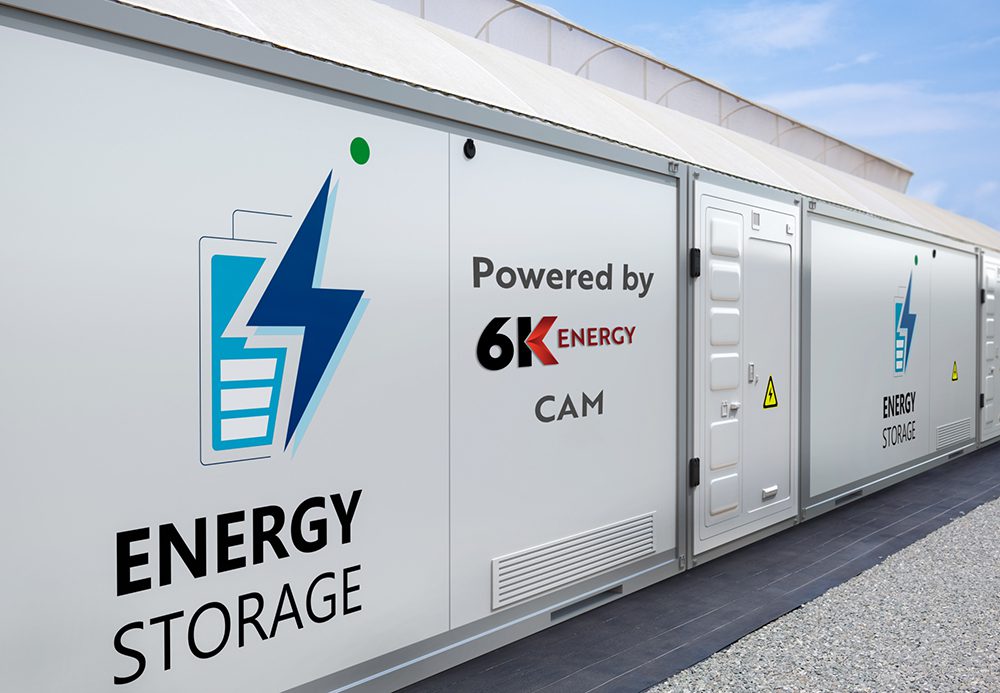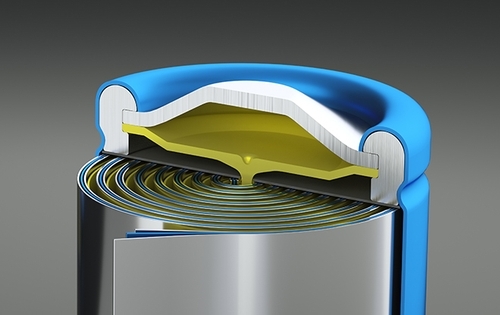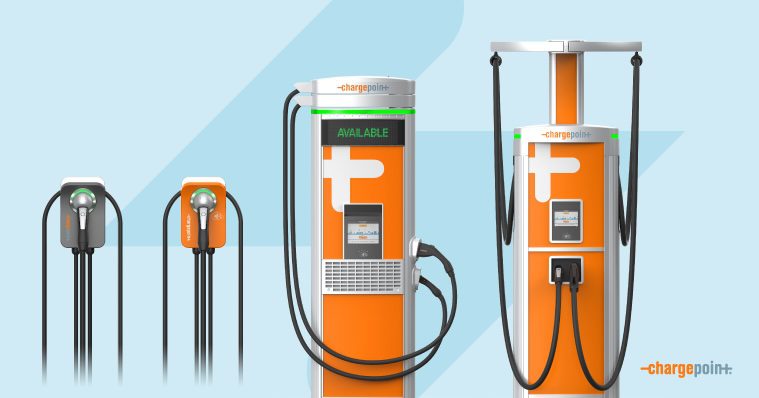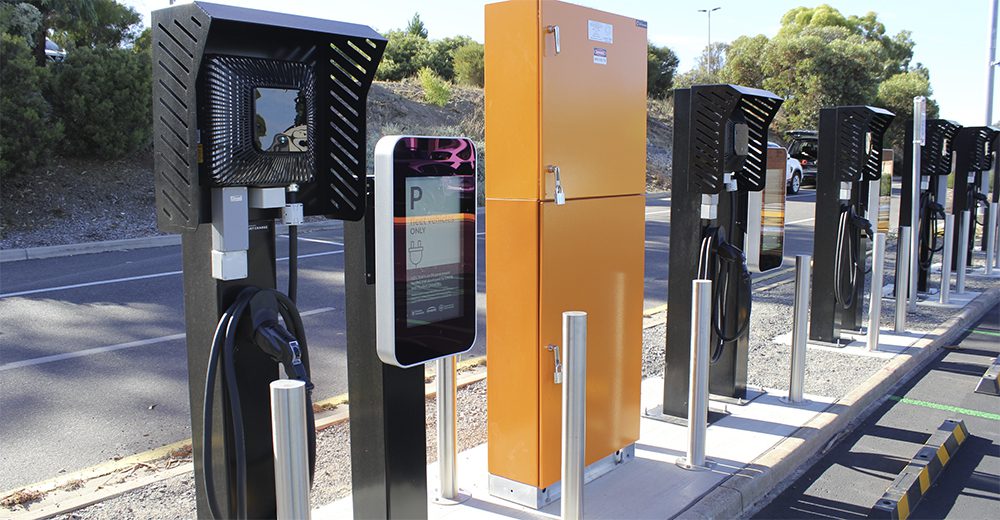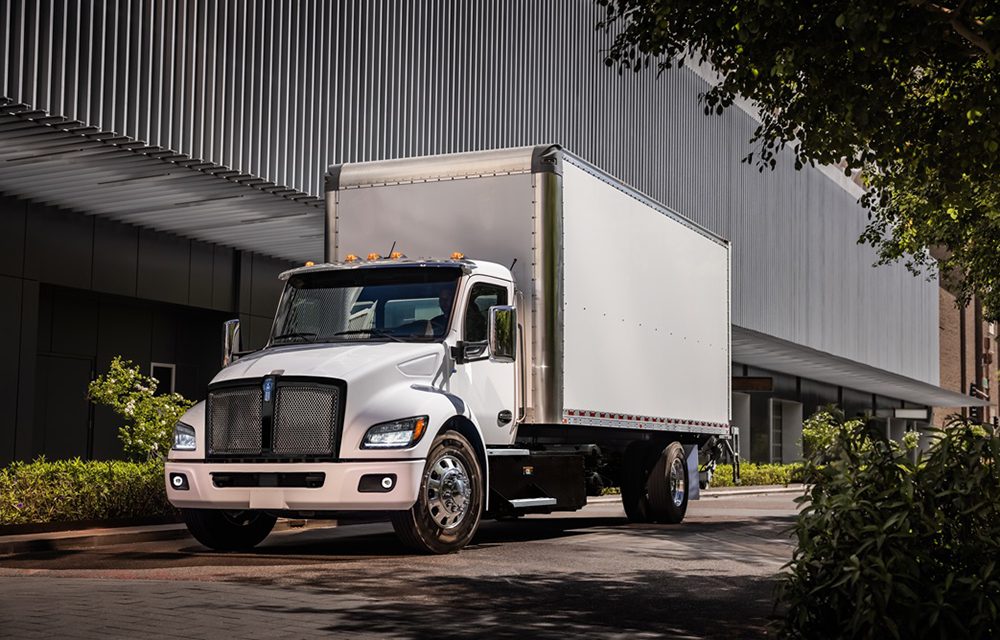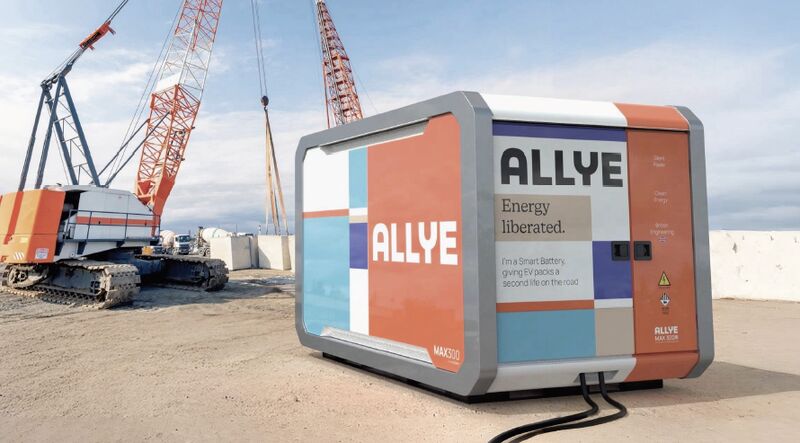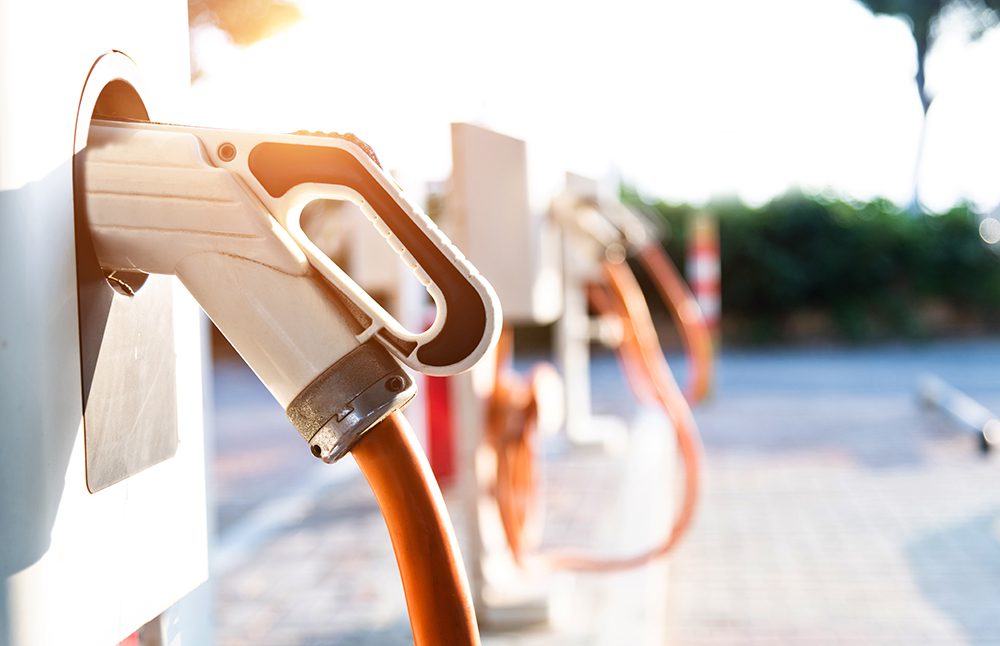As Tesla soars and the legacy automakers waffle, a classic disruption scenario, unthinkable only a couple of years ago, seems ever more likely. The latest to reach this conclusion is analyst Alexander Haissl of Hamburg’s Berenberg Bank, who predicts in a recent report that Tesla will end up with a near-monopoly of the EV market.
“Complacency about EV technology is worse than perceived,” writes Haissl (via Forbes).
“Despite more talk of developing EVs for mass-market adoption, a lack of real action and strategic commitments betray their underlying conviction, with no clear pathway to high-volume EV production before the mid-2020s.”
Tesla is out-investing the competition, which is trying to save money by building on legacy engineering rather than developing new technology. “We estimate Tesla will invest $32.7 billion over the next 5 years – roughly 40% more than Daimler and Volkswagen combined have committed for their EV projects,” Haissl writes.
Tesla retains a significant advantage in the battery field. “Tesla/Panasonic continue to exhibit a clear advantage on cell and pack technology compared to all peers, on chemistry, cooling and cost,” Haissl said. “Clear visibility about high-volume cell-sourcing strategies continues to elude traditional manufacturers.”
The bank also examined the EV strategies of some of the legacy OEMs:
Mercedes-Benz – “High investments, but strategy for battery cell sourcing is not the most competitive.” Mercedes has announced total investment of 10 billion euros ($11.4 billion) in electric engineering and its EQ brand, and the same amount in battery capacity, the highest among the “traditionals.”
Volkswagen – “Larger investments in battery capacity could be necessary.” To supply its electric fleet by 2025, VW needs about 150 gigawatt hours of battery capacity a year, and capacity planned so far isn’t enough.
BMW – The i3 made the company a front-runner because it was designed from scratch to be electric. Now it has reversed that strategy, and slipped into wait-and-see mode. “We see the risk that BMW is making the same mistake twice on EVs – being too early with the i3, and now basically giving up the strategy of dedicated models/platforms and production concepts.”
Renault Nissan – a first mover with the Zoe and LEAF, with good battery cell sourcing from LG Chem, but its batteries produce less energy than Tesla/Panasonic.
Ford – “Investments focused on plug-in hybrids, but no EV strategy.” The Focus electric is not competitive, and it looks unlikely that Ford will catch up in the foreseeable future.
GM – “Chevy Bolt solid but no clear EV strategy.” GM’s focus has been to keep costs and risks low, which is why the Bolt’s battery pack and powertrain are supplied by LG.
Fiat Chrysler – “EVs to remain niche.”
Source: Forbes



















































